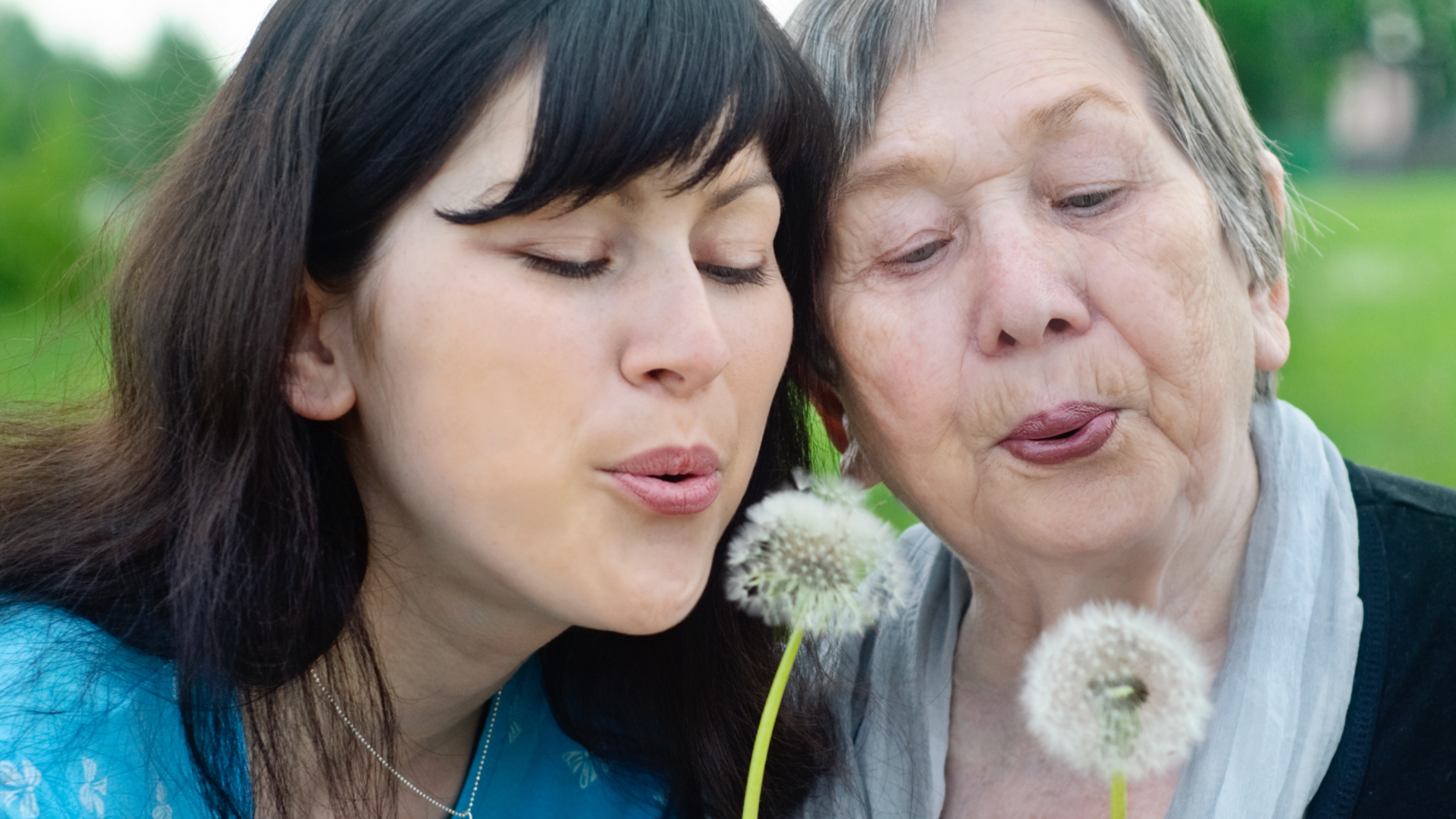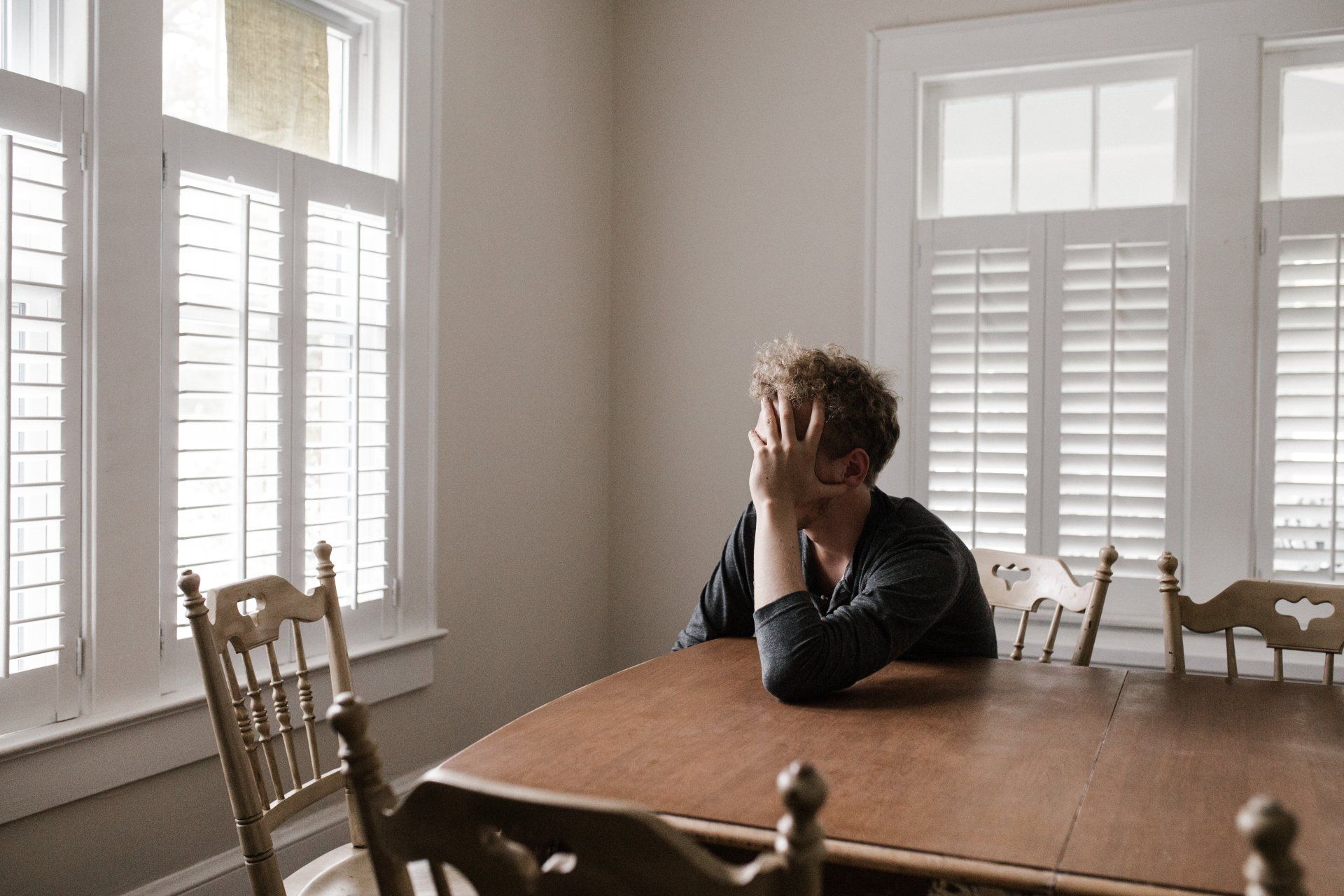Weather on the Vine
What is depression?
I know. It should be ‘wither on the vine.’ If something withers on the vine, it is destroyed very gradually, usually because no one does anything to help or support it. I am making a play on the words. Depression can be very destructive. If a ripe fruit is the best version of what we can be, to let it degrade, for it to go unsupported, perish, can lead to depression.
Why use the word weather? How many times have you heard someone talk about dark clouds hanging over them? People will often talk about carrying a burden, a heavy weight and this can talk to that sense of responsibility for too many things, often outside our control. Weather relates us to what is happening around us, what is going on in the environment and this is especially important when thinking about depression.
Let's recap. We will often have a version of who we would like to be, that is our happy or contented self. To keep that, we must do good things for ourselves and have people around who can support our best self. Its maintaining a constant state of nourishment, so we are so to speak at our ripest. But what is going on in the environment is important. Things that change in our environment or our circumstances. These can get us down. Make us depressed.
However, for some people, they do not see or perceive any changes yet those dark clouds move in, they feel a slow degrading of their best self.
They use to talk about depression as coming from outside or from within. For many people it can be a bit of both. For some, its as if that depression sneaks up on them.
Depression is a common mental health problem. It is associated with low mood, loss of interest or pleasure, feelings of guilt or low self-worth, disturbed sleep or appetite, low energy, and poor concentration.
An estimated 1 in 6 people experienced a common mental disorder in the past week, with 3.3% of aged 16 and over in England, Scotland and Wales estimated to experience depression in the past week.
If you are depressed. Then it is likely someone on your street, at your work, in your friendship network and wider family, will be depressed or have been depressed.
You are not alone but it can feel like that.
So, what does it look and feel like?
Depression symptoms may vary among people but encompass:
- Tiredness and loss of energy
- Sadness that does not go away
- Loss of self-confidence and self-esteem
- Difficulty concentrating
- Not being able to enjoy things that are usually pleasurable of interesting
- Feeling anxious all the time
- Avoiding other people, sometimes even your close friends
- Feelings of helplessness and hopelessness
- Sleeping problems – difficulties in getting off to sleep or waking up much earlier than usual
- Strong feelings of guilt or worthlessness
- Finding it hard to function at work/college/school
- Loss of appetite
- Loss of sex drive and/or sexual problems
- Physical aches and pains
- Thinking about suicide and death
- Self-harm
Depression symptoms can vary in severity, from mild to moderate to severe depression. If you experience symptoms of depression for most of the day – every day – for more than two weeks, you should seek help from your GP or refer yourself to psychological therapies. If you have a friend or loved one, who you are worried about? Talk to them and encourage them to seek help.
What we do at Trent PTS is to specialise in offering therapy for depression. It's what we are good at. We can help you get back to being the best version of yourself. Help you understand what happened. Help you plan how to look after yourself, to watch out for the sneaky depression creeping back in and if it does, know how to get your best self-back.
Do not ‘weather on the Vine.’ Need help? Act today by logging onto the self-referral tab (maybe put button here to direct them)
This video may also help you understand depression a bit more, sorry its American but many of the details will apply to the UK.
This is a UK video of people talking about their depression and different approaches they took that helped them.













